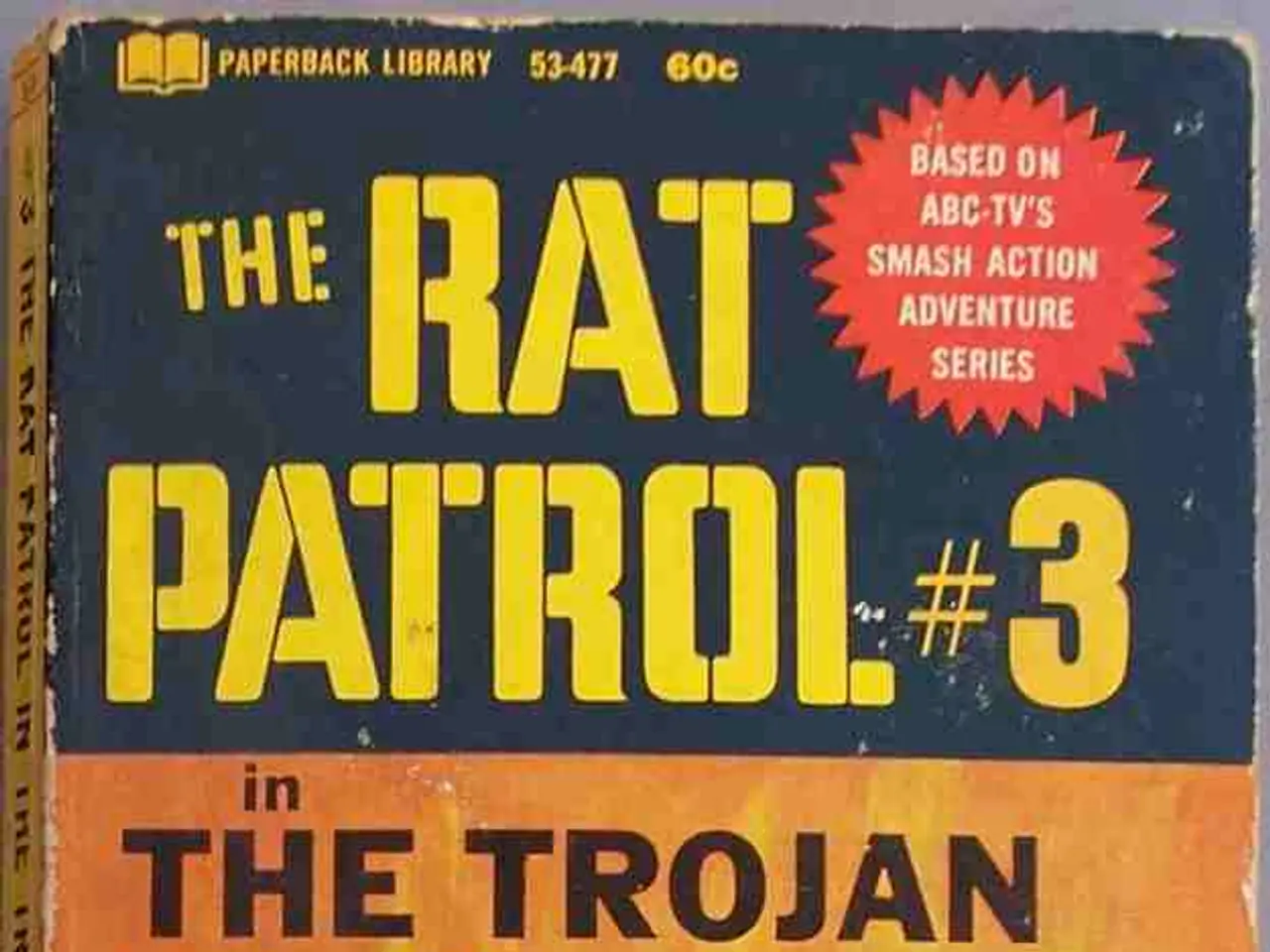Manipulating Liberties: A Potential Weapon for Elite Military Units
In the heart of the ongoing protests in Iran, the right not to wear a hijab has served as a powerful weapon for the demonstrators, marking the largest social movement in the country since the 1979 revolution. This article synthesizes the findings of a research thesis, conducted by an unnamed author at the Command and General Staff College, which delves into the concept of rights as weapons in the context of the Iranian protests and extends to other historical and contemporary irregular warfare operations.
The research thesis analyses how and to what effect rights were weaponized during the Russian revolution from 1893 to 1917. This study is particularly relevant when considering the current situation in Iran, where the government has responded harshly to the protests, arresting thousands and killing hundreds, according to reports.
The strategic use of legal systems and principles to delegitimize opponents, constrain their actions, or gain political and military advantage - often referred to as "lawfare" - has been a common tactic in irregular warfare. One prominent example is the Israeli-Palestinian conflict, where both sides have employed lawfare tactics. Pro-Palestinian groups bring cases against Israeli officials and military personnel alleging war crimes in various countries, while Israeli groups challenge the legality of boycotts through anti-BDS laws.
Another example of using lawfare to delegitimize is seen in legal battles waged in forums like the UN, International Court, and human rights organizations to challenge the legitimacy of states or movements. This demonstrates how rights claims can serve as political and legal warfare tools.
Covert and intelligence operations, including the use of spies and unprivileged belligerents, operate in legal ambiguity. These actors may violate strict laws of war by feigning civilian status, disguising themselves, or using false uniforms, blurring legal protections and causing disputes about rights and lawful conduct in irregular warfare.
Counterinsurgency forces must navigate protecting civilian rights while combatting insurgents who may exploit those rights or the moral sensitivity towards civilians to their advantage. In conflicts like the Vietnam War, psychological operations were used to terrorize or demoralize enemies, raising questions about the exploitation of human rights in warfare.
Weaponizing rights offers US Army special operations forces (ARSOF) an innovative option to gain an advantage in irregular warfare and strategic competition. Major Joseph Bedingfield, an active duty US Army civil affairs officer currently attending the Advanced Military Study Program at SAMS, has served with the 45th Infantry Brigade, the Army National Guard Warrior Training Center, and the 92nd Civil Affairs Battalion (SO) (A) with various deployments to the Middle East and Europe. Major Bedingfield holds a bachelor of arts from the University of Oklahoma, a master of business administration from Fayetteville State University, and a master of military art and science as a member of the Art of War Scholars program from the US Army Command and General Staff College.
The Irregular Warfare Initiative, a valuable resource for understanding the complexities of irregular warfare, has a new online home at irregularwarfare.org. The views expressed in this article do not reflect the official position of the United States Military Academy, Department of the Army, or Department of Defense. Image credit for the article is given to PersianDutchNetwork.
[1] Kahn, D., & Shifrinson, J. (2019). Lawfare: Law as a Weapon of War. Council on Foreign Relations. [2] Bob, C. (2019). Rights as Weapons: Instruments of Conflict, Tools of Power. Oxford University Press. [3] Cotler, I. (2015). To Live with Dignity: Jewish Law and Modernity. University of Toronto Press. [4] Galula, D. (2006). Counterinsurgency Warfare: Theory and Practice. University Press of Kansas. [5] Specter, A. (2013). Never Enough Uses: The Evolution of Psychological Warfare. University Press of Kansas.
- The military concept of rights as weapons, a topic discussed in the research thesis at the Command and General Staff College, is applicable beyond the Iranian protests, extending to historical and contemporary instances of warfare.
- The Russian revolution from 1893 to 1917 is one such instance where rights were weaponized to challenge and counteract the powers in control, as analyzed by the research thesis.
- In the Israeli-Palestinian conflict, both sides employ lawfare tactics, where legal systems and principles are utilized to delegitimize opponents or to challenge the legality of certain actions.
- Legal battles waged in forums like the UN, International Court, and human rights organizations can also serve as political and legal warfare tools, as they are used to challenge the legitimacy of states or movements.
- Special operations forces, such as the US Army's ARSOF, may find weaponizing rights an innovative option for gaining an advantage in irregular warfare, according to Major Joseph Bedingfield, a civil affairs officer and member of the Art of War Scholars program at the US Army Command and General Staff College.
- To delve deeper into the complexities of irregular warfare, resources like the Irregular Warfare Initiative, available online at irregularwarfare.org, offer valuable insights and perspectives on the topic.




